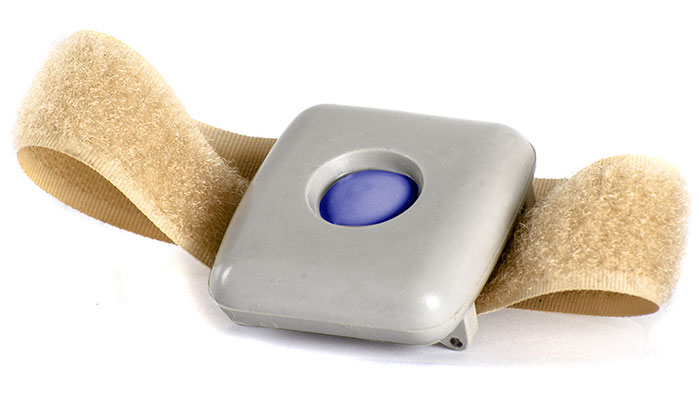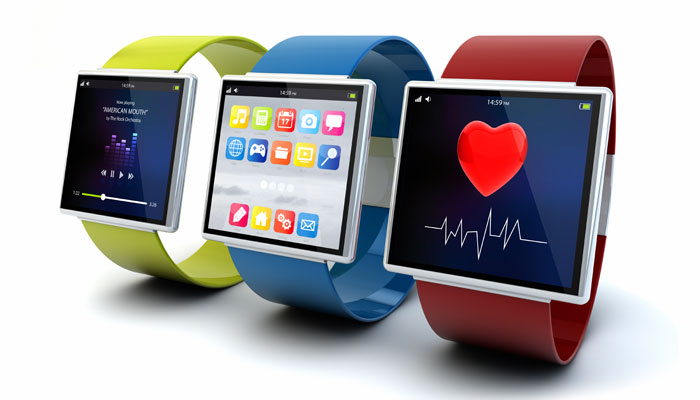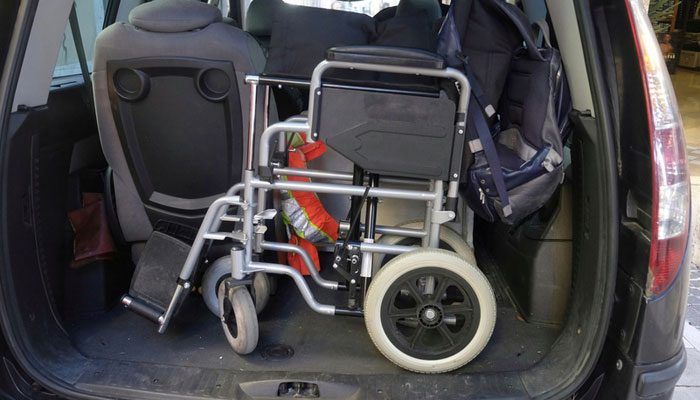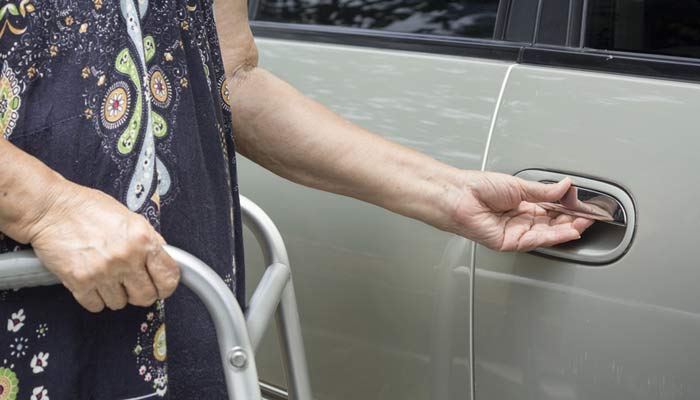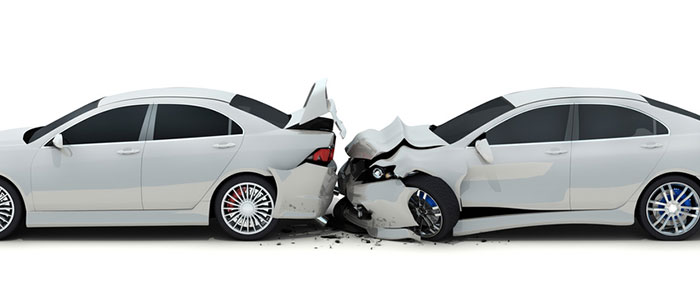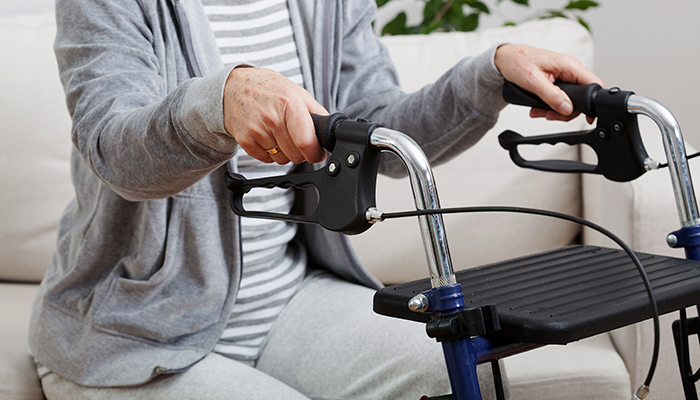
Today, there are many ways to stay in touch with the elders we love. That’s a good thing because research suggests that older adults who are socially engaged enjoy greater happiness and a sense of purpose. Those who are isolated and lonely are at a higher risk of depression, heart disease, obesity, and Alzheimer’s. But…


